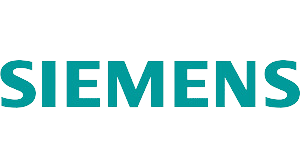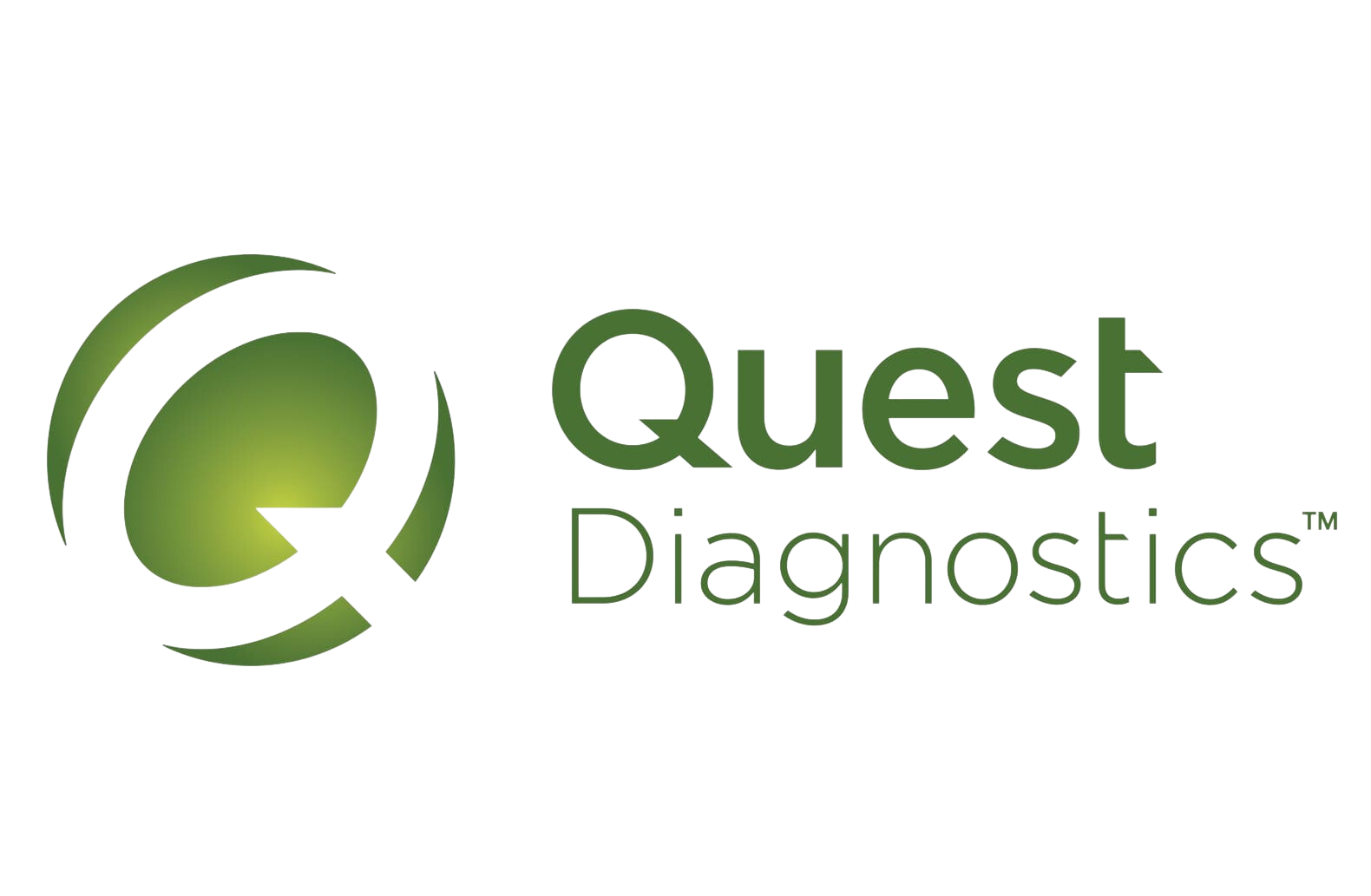Engage With Us
Digital Business Institute Consulting Program
With a custom corporate engagement membership, you will gain access to Questrom’s renowned faculty and a dedicated student team focused on helping your business harness digital innovation. Your team will bring actionable insights to real-world issues in the digital economy.
Engagement Benefits
- Insightful, Industry-Focused Research: Access curated, faculty-led research on digital business.
- Dedicated Faculty-Led Student Teams: Engage with top-tier student talent, guided by experienced faculty, working directly on your business’s most pressing issues.
- Networking and Learning Opportunities: Participate in exclusive forums, conferences, and seminars that offer topical content and professional connections.
Interested in becoming a member of the Digital Business Institute Consulting Program? Please fill out the interest form below, or reach out to Peter Howard at pjhoward@bu.edu.
Request InformationOur Corporate Members

Read about Completed Corporate Projects
Siemens

Research/Business Objective: As part of a CEO mandate, Siemens wanted to transform their strategy and leadership thinking from a manufacturing mindset to a “platform” or “ecosystem” mindset. The Digital Business Institute was engaged to study Siemen’s current state and to develop a custom program of knowledge and skills transfer, focused on business ecosystems (platforms) for the top 200 managers at the company (Division & Business Unit CEOs, Country CEOs).
Key Accomplishments:
The Digital Business Institute delivered the following:
- Studied Siemens strategic objectives
- Developed content and customization for 2-day workshop program
- Provided a faculty lead (Professor Marshall van Alstyne) for academic delivery/train the trainer sessions
- Coordinated with Siemens dedicated program management team
- Developed workshop materials and pre-reads
- Held subsequent workshops and coaching sessions
From the Siemens program lead: “I just wanted to give you a big, big thank you for the great collaboration and the great training delivery by Marshall this week. The feedback from our pilot participants was overwhelmingly positive. This is quite outstanding given the German tendency to be critical and that the virtual delivery was an additional challenge. I also really appreciate the collaboration with the whole BU team, Peter’s, Andrei’s and Marshall’s commitment and the spirit of delivering a great training suited to Siemens needs. For me personally, it was one of the most rewarding collaborations and I’m looking forward to the roll-out of the training.”

Dr. Jörg Mütze, Principal / Senior Project Manager at Siemens Advanta Consulting, and Professors Marshall Van Alstyne and Peter Howard from the Digital Business Institute BU at Questrom School of Business.
Aternity

Research Objective: Aternity®, the enterprise-class Digital Experience Management Company™. Aternity’s CEO and CMO sought a deeper understanding of their customers and the “paths to purchase”. A team of DBI Research Assistants worked alongside Aternity’s leadership team across many departments.
Key Highlights:
- Created customer personas and customer journeys
- Generated Tableau data visualization dashboards for the marketing funnel
- Synthesized results from a survey of IT professionals
- Set up a social media strategy and Influencer program
- Developed target buyer personas for a new market category
- Conducted competitive analysis for best practices and analyzed marketing content effectiveness across the buyer journey
Quest Diagnostics

Research Objective: Quest was considering new opportunities for customer segments and marketing methods. The DBI team was engaged to support Quest initiatives in Customer Experience, Digital Marketing and Analytics.
Key Highlights:
- Customer Experience: Students worked with the customer experience, consumer & hospital teams to create and update white papers, use cases, and Epic documentations for agile & waterfall projects.
- Marketing Automation: Students worked with Digital Marketing teams to create and update emails, landing pages, and forms.
- Analytics: Worked with Market research and Analytics teams on Customer & Forecasting Analytics and automation projects.
The projects contributed to Quest’s customer-centricity and sales growth.
UCB Pharma, Brussels, Belgium

Research Objective: UCB, as part of their strategic growth agenda, was interested in identifying opportunities for new business models (specifically platform business models) in the healthcare industry. The Digital Business Institute was asked to conduct research to identify such opportunities for UCB.
Key Highlights:
The Project was conducted in three phases.
- Discover: A team of students worked with UCB subject matter experts to align on specific research objectives, assess the current state, and document relevant examples both within and outside of the industry. Professor Hagiu led a 3-hour online workshop with UCB Leadership as part of this phase.
- Describe: In this phase the team wrote and delivered a preliminary research paper that presented hypotheses on opportunities for platform business models in the healthcare industry and at UCB.
- Design: We finalized the research paper and proposed platform opportunities for UCB.
The team of graduate and PhD students was led by Andrei Hagiu, Associate Professor at Boston University Questrom School of Business and Peter Howard, Professor of the Practice and Executive Director of the Questrom Digital Business Institute.
Bard Center For The Study Of Hate

Research Objective: BCSH was interested in creating a comprehensive, interactive, online resource about hate crime. The goals of the online resource were:
- Provide help for hate crime victims, informing them about how to report hate crimes and what local, regional, and national resources and online support is available
- Allow any interested person to learn more about hate, including any subset thereof (racism, homophobia, antisemitism, Islamophobia, political hatreds, etc.)
- Create opportunities for people interested in combating hate to find ways in the “real world” and online world to work against hate.
- Provide links to other resources, including manuals about how to deal with hate in a community, academic courses that teach about hate, etc.
Key Accomplishments:
The Digital Business Institute team of four graduate students, supervised by the institute Executive Director, executed the engagement in three phases:
- Researched and wrote a comprehensive business plan
- Developed a funding plan and conduct outreach to potential funders
- Presented the plan to potential funders
The BCSH Director continues to discuss the proposal with other institutions as well as Meta.
Uno Pizzeria & Grill

Research Objective: Pizzeria Uno wanted to revitalize their brand and determine if they could appeal to a younger customer base. The DBI launched a comprehensive research and digital marketing program with a focus on driving awareness and engagement among the younger demographic.
Key Accomplishments:
- Digital Strategy: working closely with Uno’s CEO and marketing lead, the team researched the market and social media platforms and then developed a multi-platform strategy for Uno’s’ main brand and ghost brands, Detroit Pizza Works and Burger Craft.
- Content & Engagement: responsible for content planning, creation and execution on Meta platforms (Facebook, Instagram, Messenger) and TikTok as well as customer experience management for all three brands
- Analytics: managing digital performance across all platforms, including third-party sellers like UberEats and DoorDash.
- Influencer & Campus Programs: spearheading influencer campaigns and campus engagement initiatives.
- E-commerce Launch: DBI’s engagement with Uno has expanded to include the creation and promotion of a merchandising e-commerce site on Shopify. The project involves product lineup selection, pricing, inventory strategies, collaboration with sourcing partners, and merchandise design.

A few members of the student team with Pizzeria Uno CEO, Erik Frederick. Pictured from left to right: Shrutkirti Wagh, Erik Frederick, Yudha Situmorang, Caron Cheung.
Rayyan

Research Objective: Rayyan is a rapidly growing start-up that uses artificial intelligence, machine learning, and natural language processing to help research teams reduce the time it takes to complete their systematic and literature reviews. Founder and CEO Robert Ayon (Questrom alumnus) wanted to better understand the user experience and conversion funnel of his website visitors, and the pricing dynamics of their product.
Key Initiatives:
- Business Analysis – general business analytics (CAC, LTV, Predictive modelling, etc).
- Market Research – RAs developed, fielded and analyzed qualitative and quantitative research among existing and potential customers to uncover usage patterns, values and attitudes. This work resulted in more compelling marketing communications and messaging.
- Optimize existing Freemium Business Model and develop new pricing configurations: this complex analysis involved identifying key upgrade triggers, understanding cohort behaviors and values, and developing new pricing structures aimed at enhancing revenue and growth.
As Rayyan continues to achieve new growth and revenue milestones, they recently renewed their engagement with DBI.
